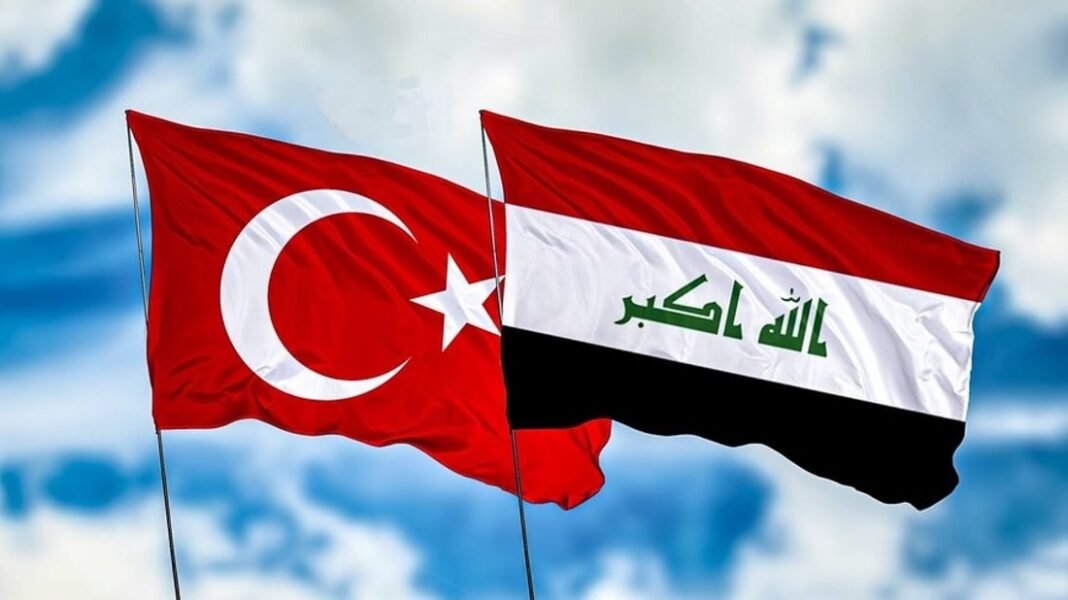A major shift is coming in regional energy ties, as Iraq pipeline termination will reshape trade between Iraq and Turkiye. Turkiye has announced plans to end its long-standing crude oil pipeline agreement with Iraq. This decision, set to take effect in 2026, will close the chapter on a 52-year energy partnership.
Turkish President Recep Tayyip Erdogan has signed a decree to annul the 1973 agreement. This deal allowed Iraq to export crude oil through a key pipeline leading to Turkiye’s Ceyhan port. The official announcement appeared in Turkiye’s legal bulletin, confirming the agreement will end on July 27, 2026.
The original agreement has undergone several updates over the decades. The last amendment occurred in 2010, extending the deal for 15 more years. That extension is now reaching its end, and no new arrangement has been finalized yet.
For over five decades, this pipeline served as a vital route for Iraq’s oil exports. It supported shipments from both southern Iraq and the semi-autonomous Kurdistan Region. However, recent years have seen frequent disruptions. Legal battles and international arbitration have delayed and suspended operations multiple times.
In 2023, the International Chamber of Commerce in Paris issued a ruling that paused the pipeline’s use. This ruling added new tension to the already strained energy relations between Baghdad and Ankara. Since then, the pipeline has remained idle while both sides navigate legal and diplomatic hurdles.
Despite these challenges, both governments have shown interest in renewing cooperation. Talks between Iraq and Turkiye are ongoing, and officials have hinted at a possible new framework. However, no agreement has been made public.
The decision signals a major change in regional oil dynamics. With the Iraq pipeline termination will reshape trade, Iraq may now look for alternative export routes. Turkiye, on the other hand, may seek to diversify its energy imports and reduce reliance on Iraqi crude.
Experts believe this move could impact oil flow and prices in the region. It may also push Iraq to invest more in southern ports or build new infrastructure to handle exports independently.
For now, the termination date stands, giving both countries nearly a year to finalize new terms or prepare for a post-pipeline era. Energy markets and regional stakeholders will be watching closely.


